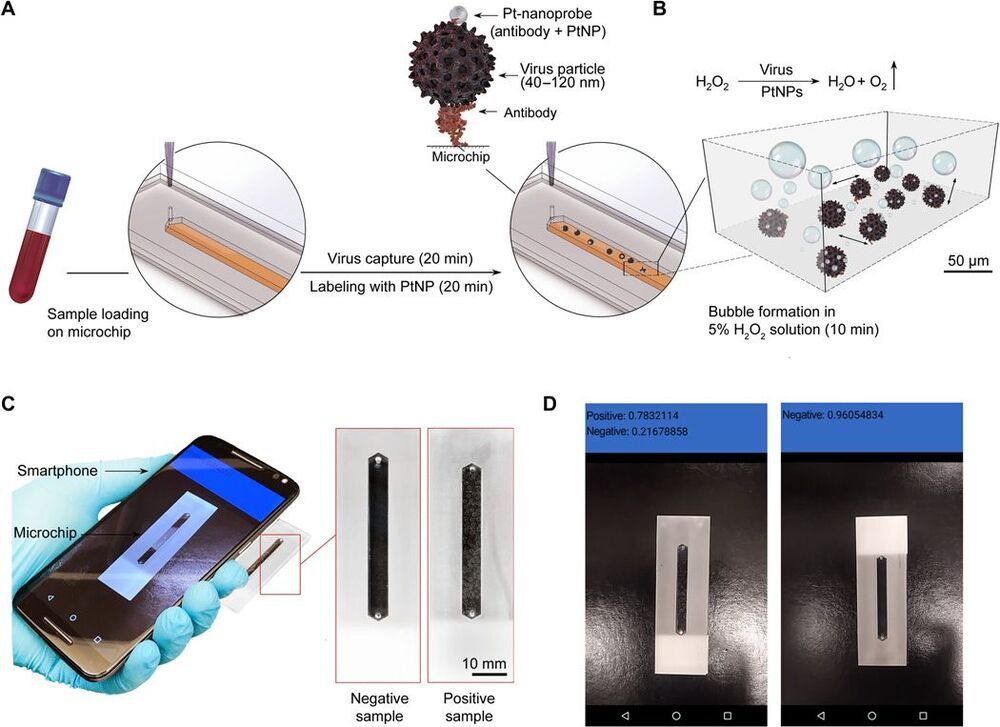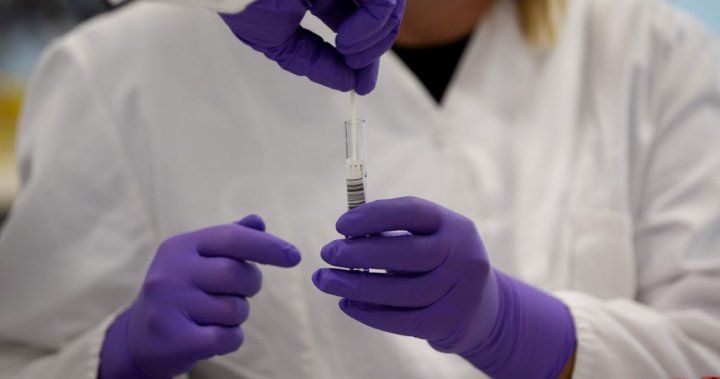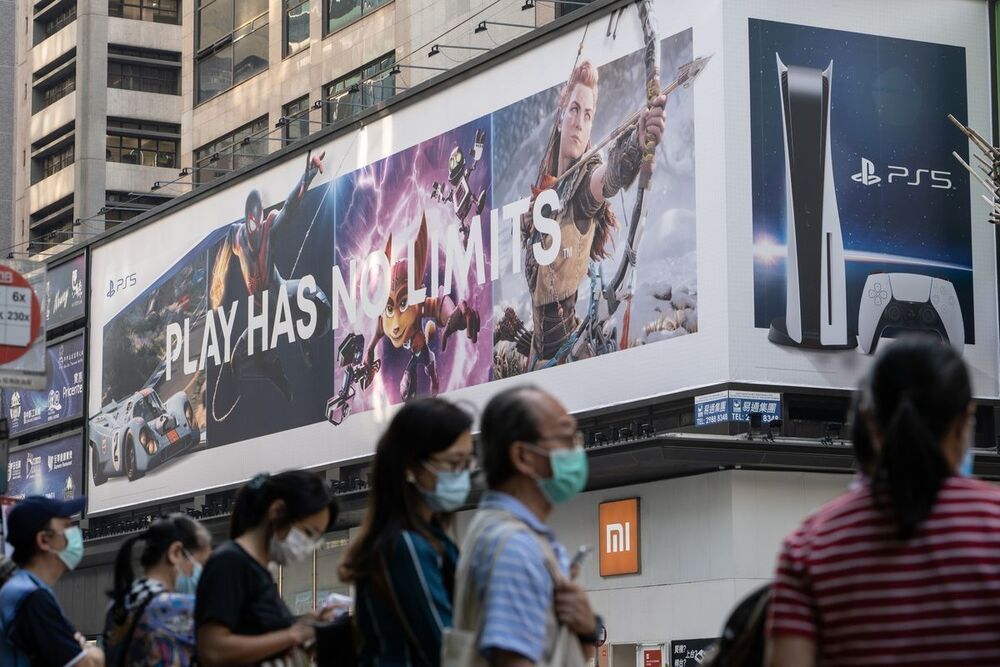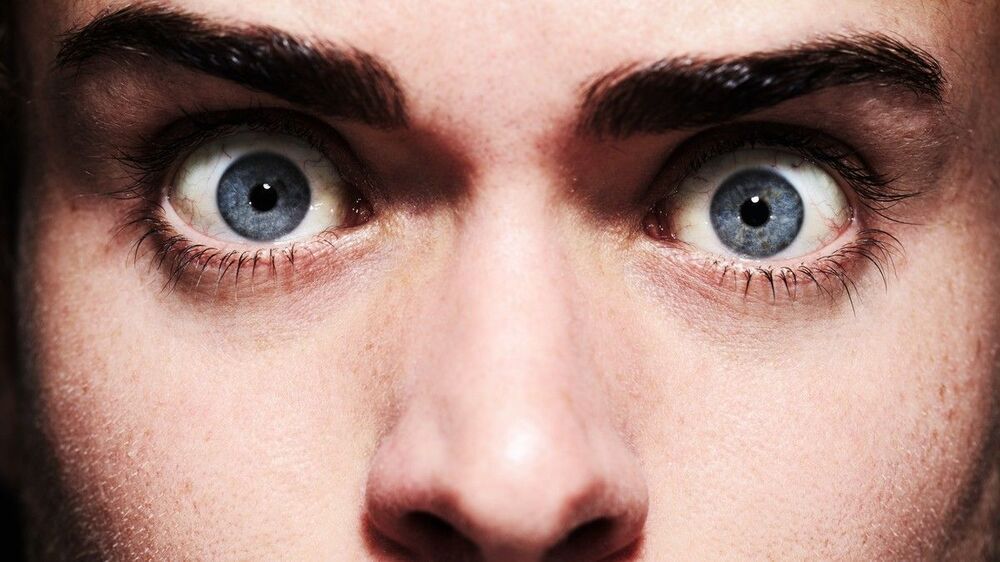Emerging and reemerging infections present an ever-increasing challenge to global health. Here, we report a nanoparticle-enabled smartphone (NES) system for rapid and sensitive virus detection. The virus is captured on a microchip and labeled with specifically designed platinum nanoprobes to induce gas bubble formation in the presence of hydrogen peroxide. The formed bubbles are controlled to make distinct visual patterns, allowing simple and sensitive virus detection using a convolutional neural network (CNN)-enabled smartphone system and without using any optical hardware smartphone attachment. We evaluated the developed CNN-NES for testing viruses such as hepatitis B virus (HBV), HCV, and Zika virus (ZIKV). The CNN-NES was tested with 134 ZIKV-and HBV-spiked and ZIKV-and HCV-infected patient plasma/serum samples. The sensitivity of the system in qualitatively detecting viral-infected samples with a clinically relevant virus concentration threshold of 250 copies/ml was 98.97% with a confidence interval of 94.39 to 99.97%.
See allHide authors and affiliations.
Smartphone systems can also benefit from the recent unprecedented advancements in nanotechnology to develop diagnostic approaches. Catalysis can be considered as one of the popular applications of nanoparticles because of their large surface-to-volume ratio and high surface energy (11–16). So far, numerous diagnostic platforms for cancer and infectious diseases have been developed by substituting enzymes, such as catalase, oxidase, and peroxidase with nanoparticle structures (17–20). Here, we adopted the intrinsic catalytic properties of platinum nanoparticles (PtNPs) for gas bubble formation to detect viruses on-chip using a convolutional neural network (CNN)–enabled smartphone system.








